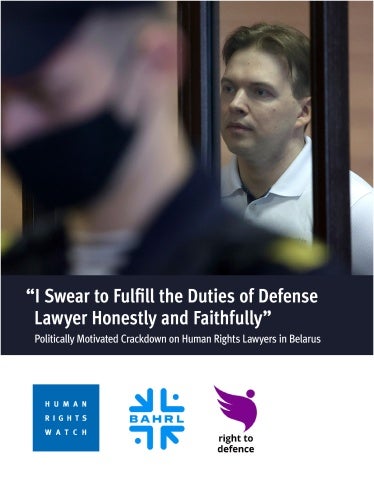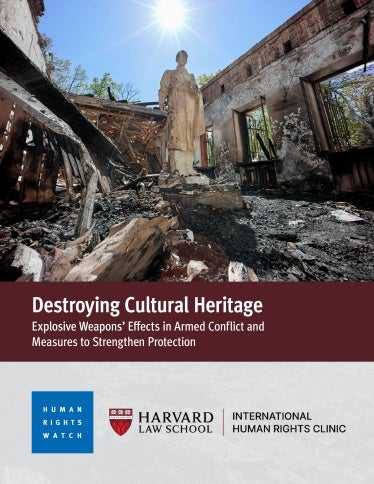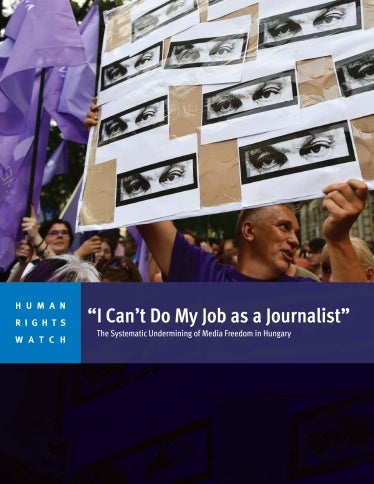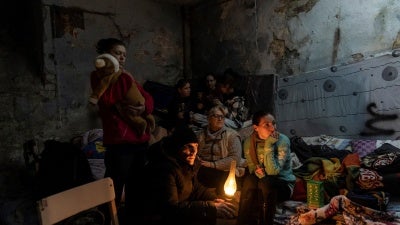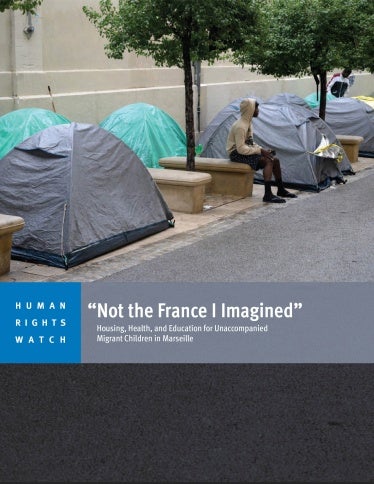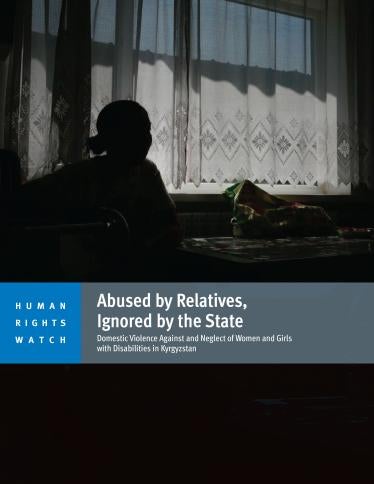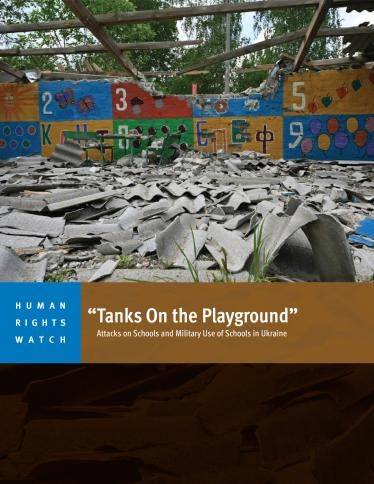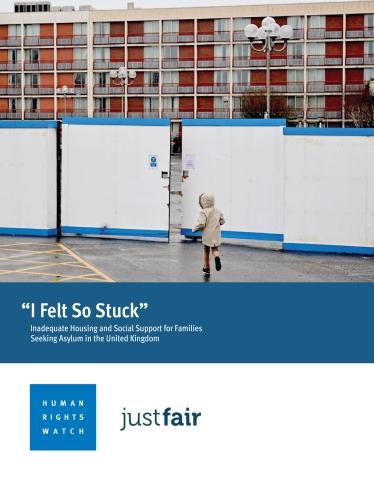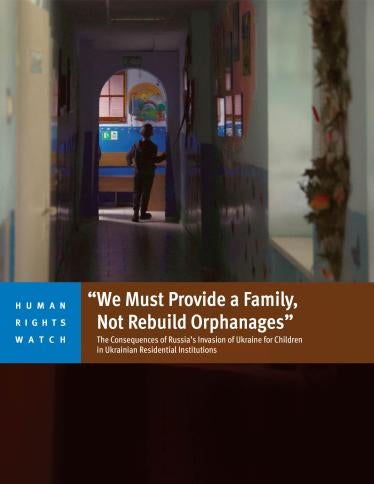“All She Did Was Help People”
Flawed Anti-Collaboration Legislation in Ukraine
The 48-page report, “‘All She Did Was Help People’: Flawed Anti-Collaboration Legislation in Ukraine,” analyzes Ukraine’s anti-collaboration laws’ impact on rights and their broader consequences on Ukrainian communities during and after Russia’s extremely abusive occupation. While these laws were adopted to deter collaboration with occupying forces, the practical impacts of some aspects of the legislation go much further, Human Rights Watch found. Some provisions do not distinguish between collaboration to undermine state security and situations in which Ukrainian civilians hold public service positions under the occupying authorities so that civilian life can continue or carry out other activities for the benefit of civilians.








